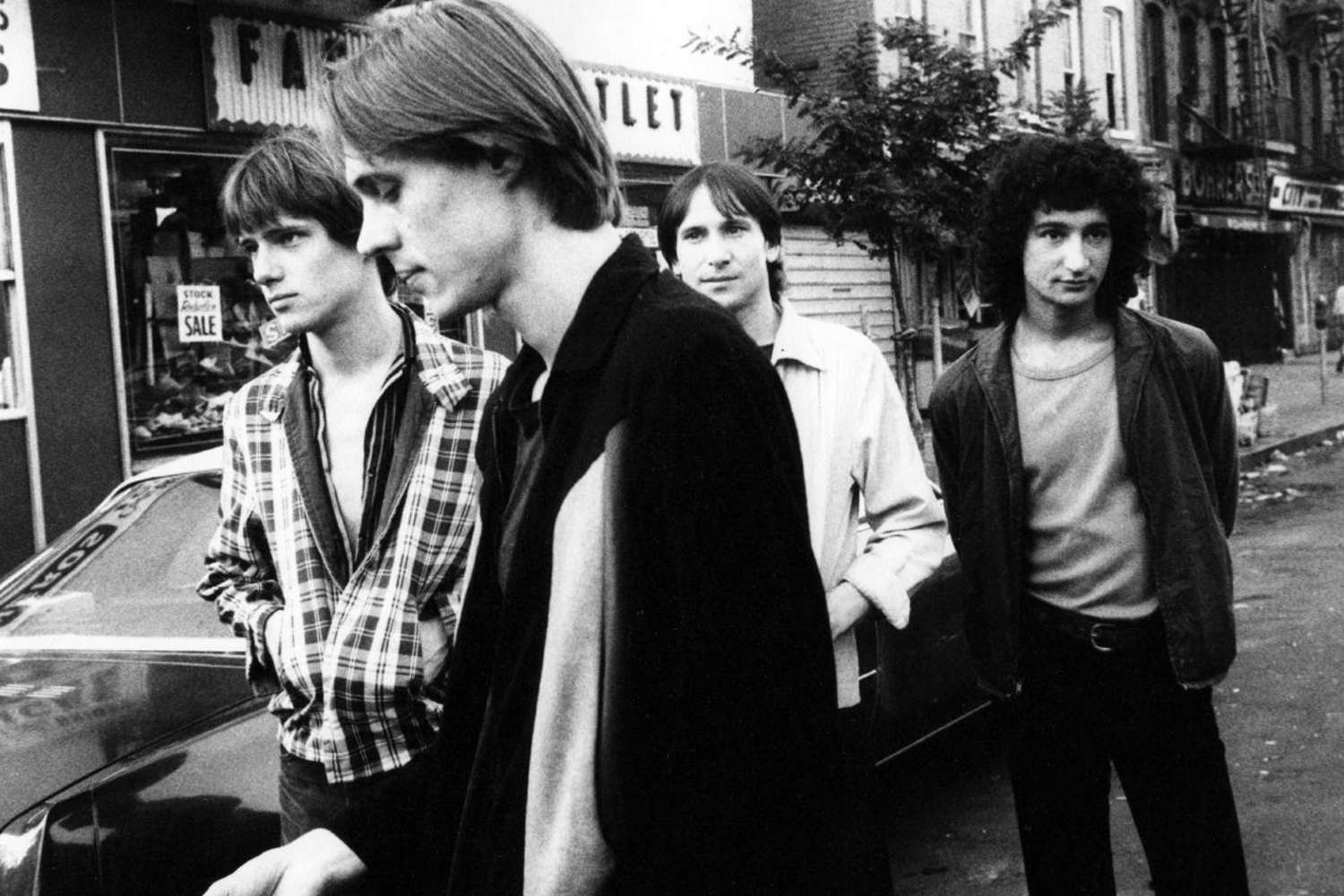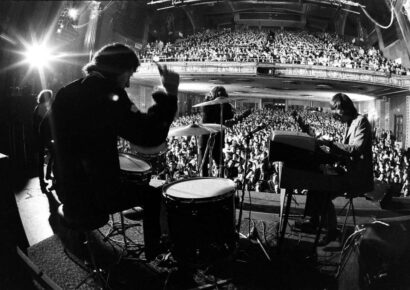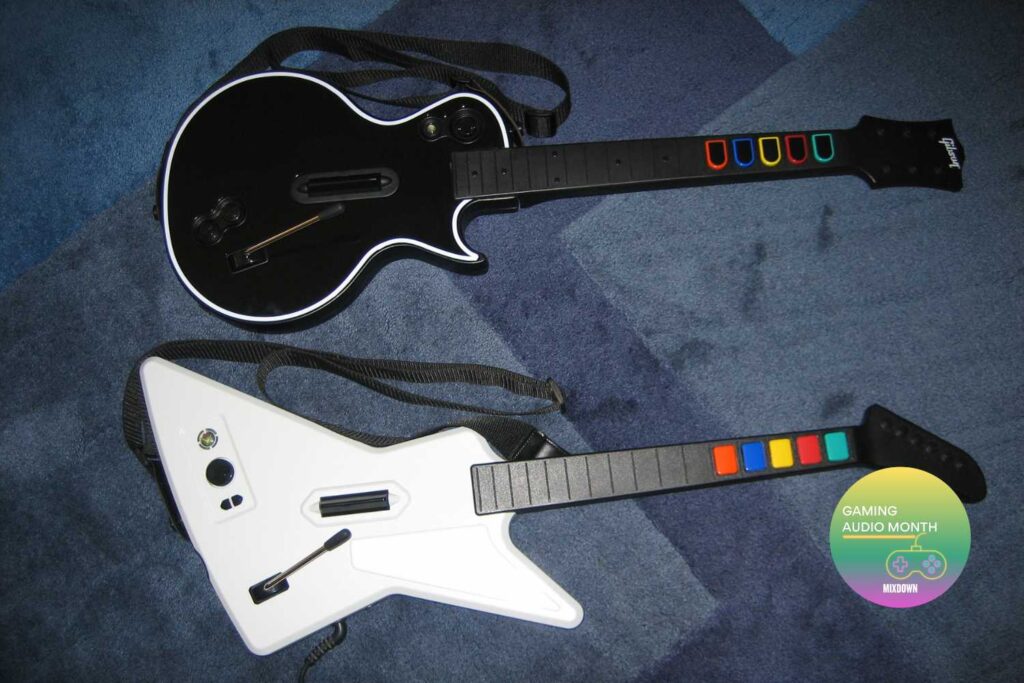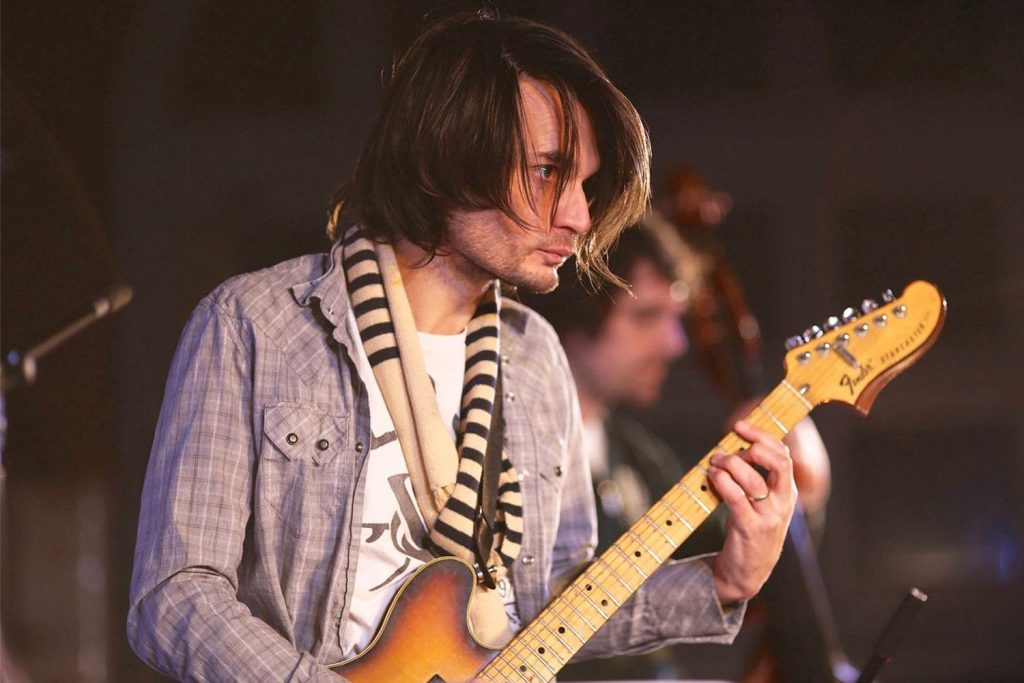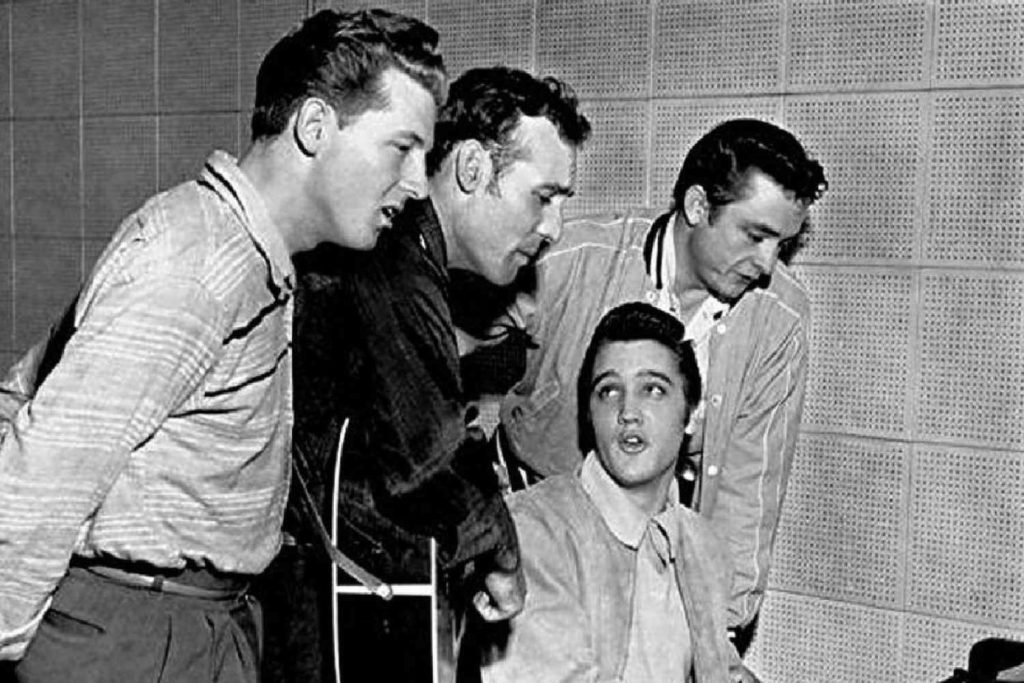The passing of punk pioneer Tom Verlaine shook the global music scene earlier last year.
One of the most gifted and unique personas to ever grace the stage, Tom Verlaine’s presence in punk was felt throughout the late 20th century, particularly as the lead singer and guitarist of legendary alternative group Television.
Verlaine shifted the New York rock scene, along with bandmates Richard Lloyd (guitar), Fred Smith (bass) and Billy Ficca (drums). Their influence is still felt today, pulsating through other New York acts like The Strokes.
Read up on all the latest features and columns here.
In retrospection of the mass impact culminated across the life of Tom Verlaine, here is a ranking of his five best albums: both with Television, and in his solo-work.
5. Tom Verlaine – Tom Verlaine
Verlaine’s first work post-Television, this self-titled project went more in the direction of glam rock than the punk-alternative image he had curated on his previous two albums.
This shift worked for Verlaine, with some of his biggest solo tracks coming off this record, including ‘Kingdom Come’, which was famously covered by David Bowie on his project Scary Monsters (And Super Creeps).
Several of the songs on Tom Verlaine were previously unreleased Television tracks that did not make the cut for ‘Adventure’, including ‘The Grip of Love’, ‘Last Night’, ‘Red Leaves’, as well as ‘Breakin’ in my Heart’, on which Ricky Wilson of the B-52s lent his guitar-playing.
The influence of Patti Smith, Verlaine’s ex-girlfriend and friend, is felt across this record, particularly in his vocal delivery on ‘Souvenir from a Dream’.
The album is retrospectively held in strong acclaim, with AllMusic’s David Cleary calling it “a top-notch solo debut that bears repeated listenings”, scoring the album a 4.5/5 stars.
4. Television – Television
When Television regrouped in 1992, many were expecting a return to the sound that gave rise to their popularity in the late 1970s. While they still stayed true to their origins to a degree, this self-titled project is much more reserved and methodical.
The return of Richard Lloyd is felt, with him and Verlaine intertwining rhythm and lead riffs culminating in some of the group’s most intricate guitar-work. One of the best examples of their chemistry lies on the opening track of Television: ‘1880 or So’, which may be the band’s most laidback track, in which Verlaine’s vocal delivery is nonchalant, and almost Lou Reed-esque.
Other highlights on this album include ‘Call Mr. Lee’, which features some of the best guitar lines on the project, as well as ‘Mars’, a psychedelic track that relies heavily on reverb and a Verlaine vocal delivery at its most eccentric.
The album was a mild critical success, with Ira Robbins of Entertainment Weekly giving the album a resounding ‘A’.
3. Adventure – Television
The slightly softer, overshadowed younger brother of ‘Marquee Moon’, Television’s sophomore release, Adventure, is almost faultless.
What the album lacks in comparison to its predecessor’s large scope of sound, it makes up for in a superbly consistent track-list. Highlights from Adventure include ‘Carried Away’, which sees the band ditch the guitar-driven sound in favour of an organ, as well as the melancholic ‘Days’.
Adventure saw Television move on from Andy Johns to collaborate with John Jansen, who had previously worked on several posthumous Jimi Hendrix releases, and went on to work with The Who, Alice Cooper and Meat Loaf. Jansen’s sound was decidedly more reserved than the abrasiveness of Marquee Moon, which helped sonically round out tracks such as ‘The Dream’s Dream’ and ‘Glory’.
Adventure’s release was met with mixed acclaim. Rolling Stone’s Ken Emerson wrote that “Television seems to be in a state of transition” with “some of the old ideas…exhausted” in the magazine’s 1978 review of the album. Emerson was, however, full of praise for Tom Verlaine, writing: “Tom Verlaine remains…a unique and masterful guitarist who doesn’t play lines so much as shape them with a sculptor’s deliberation”.
Verlaine’s guitar-wizardry is perhaps most evident on ‘Foxhole’, in which he pieces together what is a frantic solo that steals the shine from the rest of the track.
Adventure was the last album the group released before splitting up in 1978, until their eventual reunion in 1992.
2. Dreamtime – Tom Verlaine
Is 1981’s Dreamtime Verlaine’s most underappreciated work? Verlaine’s second release as a solo artist saw him realign him artistry closer to that of Marquee Moon, with his guitar-work being a clear standout on tracks like ‘Always’ and ‘Down on the Farm’.
While the album perhaps lacks in a standout single to drive the album’s popularity, Dreamtime is, once again, remarkably consistent. ‘Without a Word’ might be Verlaine’s closest bridge to some of Television’s early work that skyrocketed their name into music royalty.
Verlaine assembled a masterful group of musicians for Dreamtime, including Television bassist Fred Smith, keyboardist Bruce Brody and drummer Jay Dee Daugherty of the Patti Smith Group.
Dreamtime peaked at #177 on the Billboard Pop Albums chart, and David Fricke of Rolling Stone was full of praise for Verlaine’s sophomore solo effort, praising the singer for “seldom [being] at a loss for the right words or the most evocative sounds”.
1. Marquee Moon – Television
Television’s peak may have just been their debut project, Marquee Moon. In the year of its release, 1977, the album was different. Verlaine’s wailing vocals, combined with his chemistry with Richard Lloyd’s guitarwork is felt on what is a track-to-track masterpiece.
Coming off several successful demos, all under the helm of Brian Eno, the band opted to move into more individual and band-centric creative control.
After the band’s recording label, Elektra Records, allowed Verlaine to produce what eventuated into Marquee Moon, under the condition he work with a sound engineer, Tom enlisted Andy Johns, who had previously worked with the Rolling Stones on their 1973 record Goats Head Soup.
What resulted was one of the most ground-breaking punk albums to arise out of the 1970s, which saw a departure from power-chords, and a newfound reliance on guitar-driven melodic lines and interplay between instruments.
The album is musically sophisticated and holds within it some of their biggest live show staples, including ‘Friction’, ‘Venus’, ‘See No Evil’ and the ten-minute title track, ‘Marquee Moon’.
Marquee Moon was, and is still, met with much critical acclaim.
Rolling Stone ranked Marquee Moon #38 on their list of 100 Best Debut Albums of All Time list, and Pitchfork gave the album a resounding 10 on their retrospective review.
